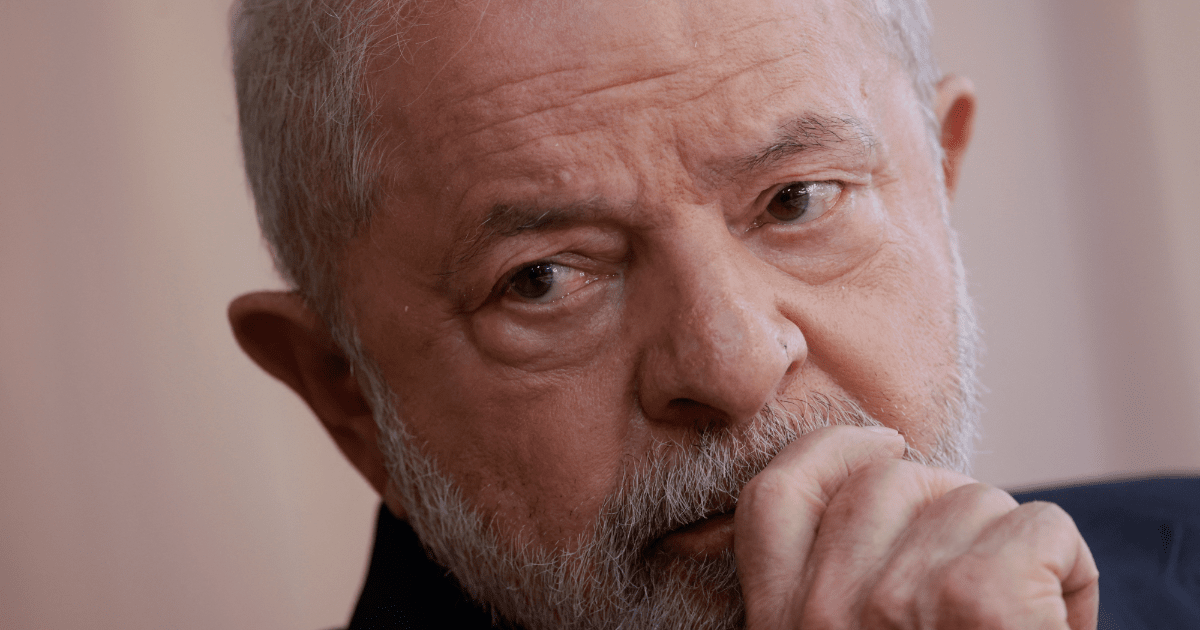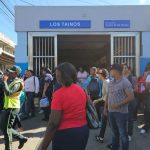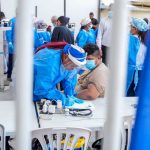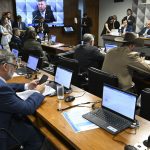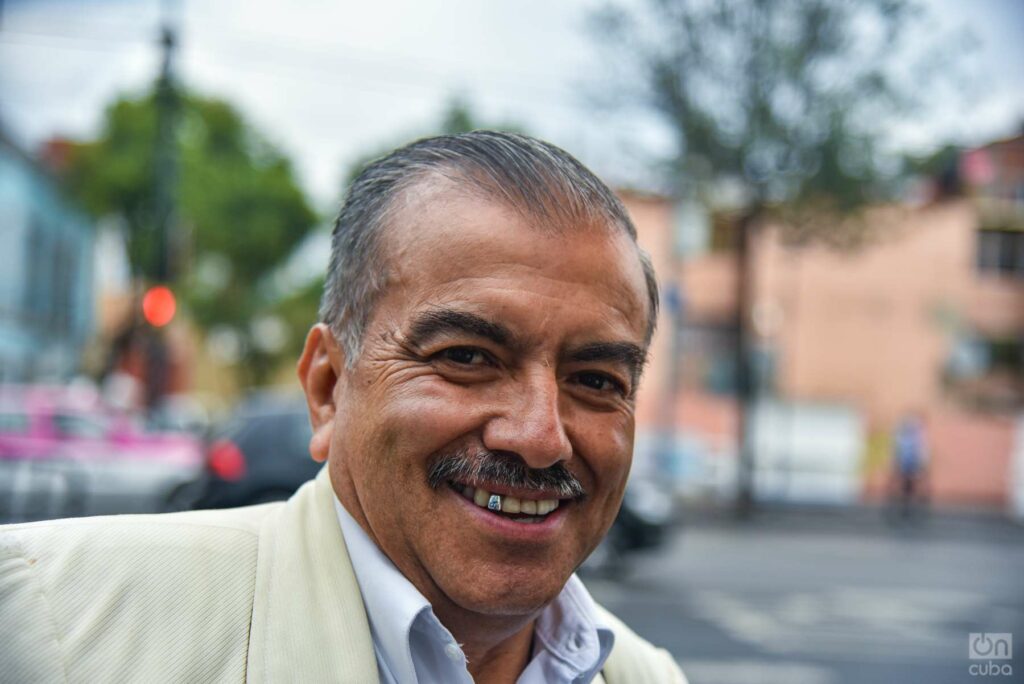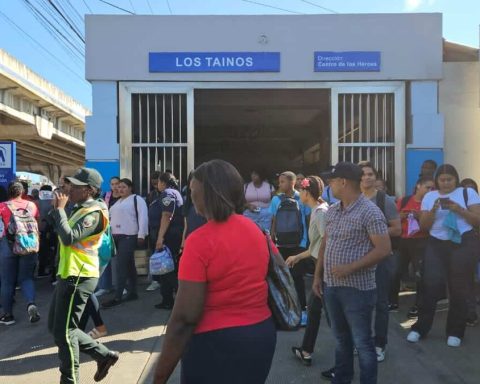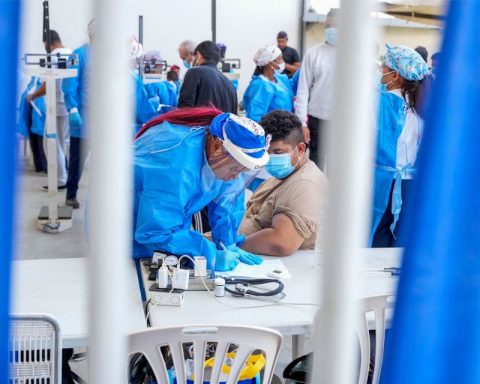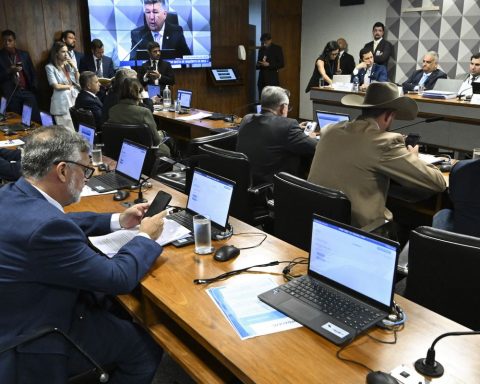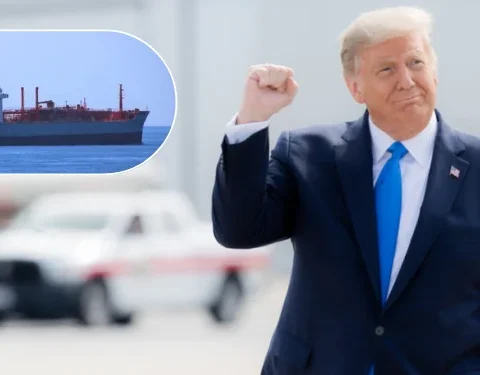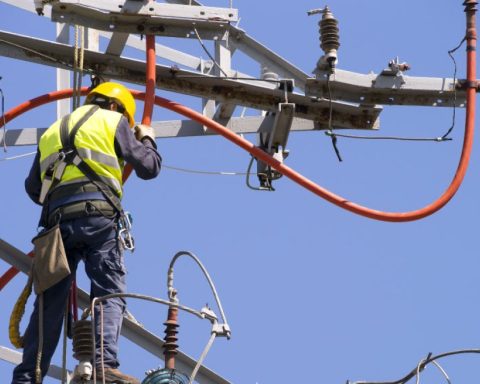The recently launched government of the Brazilian Luiz Inacio Lula da Silva suffered its first casualty this Saturday with the dismissal of the Army Commander due to a “break in the level of trust” after the riot in Brasilia on January 8.
Defense Minister, Jose Muciomade official the departure of the commander Julio Cesar de Arruda Saturday night after meeting with the leftist president.
“After the last episodes (…) on January 8, relations suffered a breakdown in the level of trust,” Múcio said at the Planalto presidential palace.
“We believed that we needed to stop that to overcome this episode,” he added, referring to the invasion and looting of the headquarters of public powers on January 8 in Brasilia by thousands of radical supporters of the former president far right Jair Bolsonaro.
Arruda was replaced by General Tomas Ribeiro Paivawho had been serving since 2021 as the military commander of the southeast in Sao Paulo.
The outgoing commander had taken office on an interim basis in December, days before the end of the Bolsonaro government, and had been confirmed in his post by the Lula administration two days before the violent attack at the heart of Brazilian democracy.
General Ribeiro Paiva, 62, began his military career in 1975. He participated in the Brazilian Army mission in Haiti, and has already served in Brasilia, where he commanded the Presidential Guard Battalion and worked as an auxiliary in the Presidency during the management of the former president Fernando Henrique Cardoso.
Ribeiro Paiva drew attention this week when he delivered a speech at a military ceremony in Sao Paulo, saying that the military “will continue to guarantee democracy.”
“It is the regime of the people, of alternation of power. It is the vote. And when we vote, we have to respect the result of the polls,” said the general.
Discrepancy
Arruda had met with Lula in Planalto on Friday, along with the commanders of the armed forces and the Defense Minister.
The commanders did not speak to the media after the first meeting of the military leadership with the president after the attack on the Presidency, the National Congress and the Supreme Court on January 8.
After that meeting, Múcio said he did not see a “direct involvement” of the military sector in the revolt, and guaranteed that the commanders agreed that the troops whose participation in the acts of vandalism is proven should be punished.
This would be, according to local media, the discrepancy between Arruda and the Head of State.
Lula, who was not at the presidential palace the day of the attacks, said last week that he was convinced that there was internal complicity in the riot in Brasilia, for which more than 2,000 people were detained.
The president passed on his message of distrust in this way and announced that he would carry out a “deep review” of his closest entourage in the presidential palace to favor civilian career officials instead of military ones.
Lula, who narrowly defeated the far-right Bolsonaro in the October presidential elections, this week displaced 53 military personnel who were serving at the Alvorada presidential residence and the Planalto palace.
The relationship with the Armed Forces is one of the biggest immediate challenges facing Lula, according to analysts who highlight the extensive military presence in the administration of Bolsonaro, a former Army captain, as a sign of affinity.
It was precisely in front of the barracks where thousands of Bolsonaristas chose to gather to protest the result of the elections.
Dissatisfied with the victory of the 77-year-old leftist leader, Bolsonaro’s radical followers called for the intervention of the Armed Forces to prevent the inauguration of the president-elect.
Thousands of these sympathizers advanced on January 8 towards the Esplanade of the Ministries, which leads to the Plaza de los Tres Poderes that centers the headquarters of public powers.
They razed part of the infrastructure, smashed furniture and priceless works of art, and left behind graffiti calling for a coup.
In addition to the hundreds of detainees, the Brazilian authorities are investigating those who financed, organized and participated in the attack.
Weighty figures such as the former security secretary of Brasilia, Anderson Torres, and former president Bolsonaro himself are being investigated in connection with the revolt. Both deny being related to the events that shook Brasilia, which are compared to the assault on the US Capitol on January 6, 2021.
